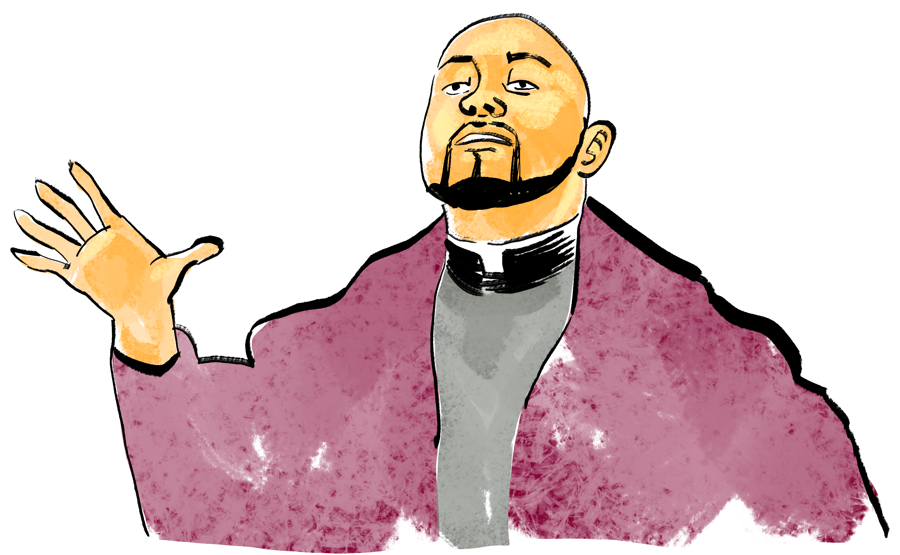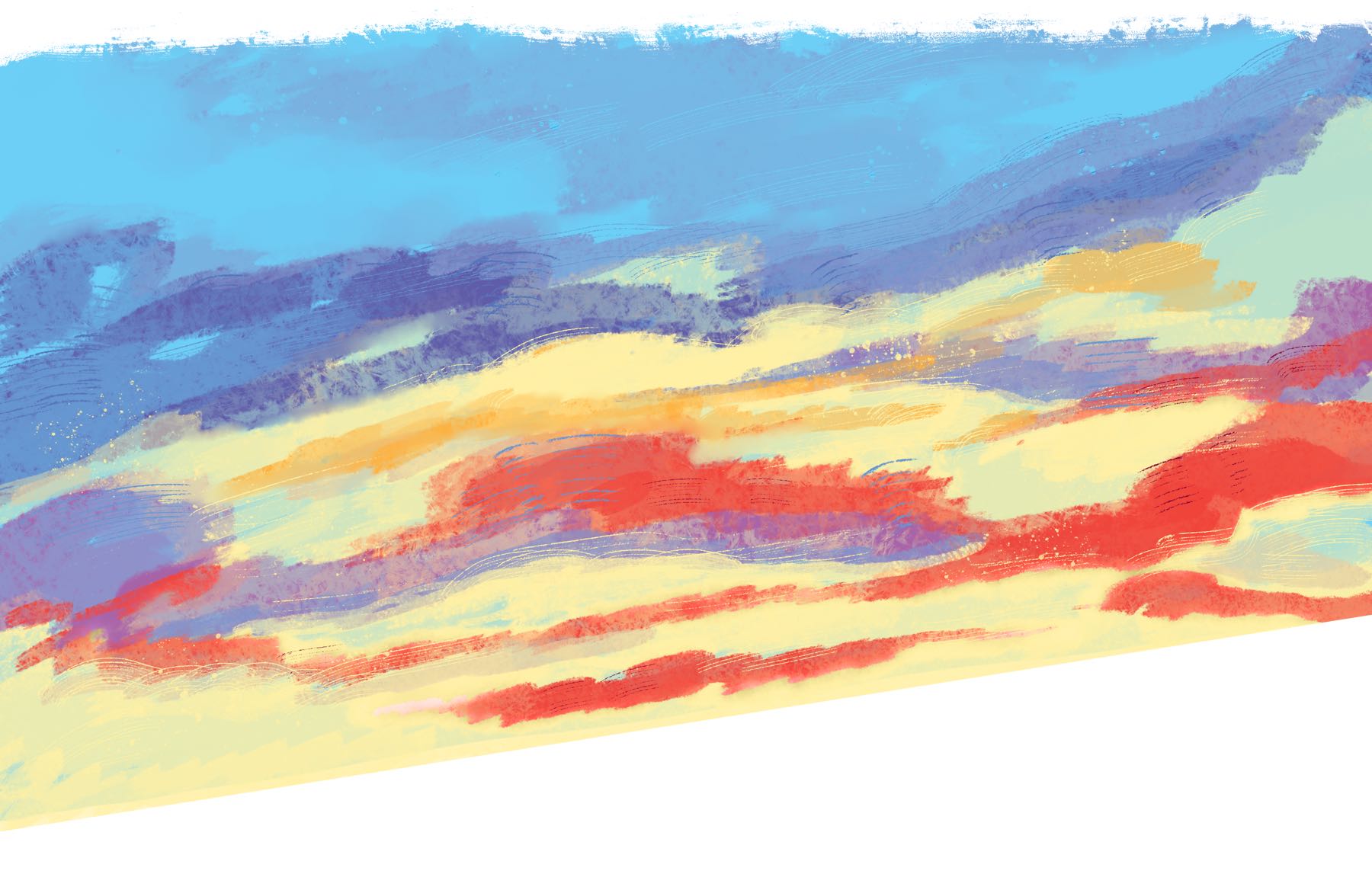Alejandro Escoto always wanted to be a priest.
His mother—his best friend when he was growing up in L.A.’s eastern suburbs—came from a very observant Catholic family in a small town in Mexico. From her, the young altar boy learned to revere Our Lady of Guadalupe.
So when Escoto was ordained as a pastor in the Metropolitan Community Church (MCC) on December 11, 2005, the day before the feast day of Our Lady of Guadalupe, he formally dedicated his spiritual life to her—as a Protestant minister.
A few years prior, Escoto could not have imagined having a relationship with Our Lady, let alone serving her. When Escoto came out as gay as a teenager, he lost his relationship with both his biological mother and the mother of God. While the trauma of these losses led him down a path of pain and addiction, church also gave himself a place to heal, lead and ultimately serve the LGBT community.
“Oh my God, I’m bad, I’m broken.”
Even when Escoto began serving as an altar boy, he was aware of his feelings for the same sex. “I didn’t understand them, but…I felt them. And I knew it was wrong,” he said. In school, he was bullied for being overly effeminate, and the teasing continued at home. “I remember my aunt telling my mom, ‘Your son’s going to grow up to be a faggot,’ and my mom telling my aunt, ‘Shut your mouth, don’t say that,’” he said. “So just hearing that and knowing, ‘Oh my God, I’m bad, I’m broken.’”
Racked with guilt, Escoto decided to confess his feelings around age 15. One priest “basically condemned me to hell,” Escoto recalled. Another priest was gentler, but provided no answers.
Escoto would have night terrors, and after a particularly disturbing episode, he decided to come out to his mom. His family took him to Catholic priests and psychologists to try to change him. He dated a girl to appease the family, but he ended up leaving her for a man. His girlfriend’s family even took him to Curanderos, Mexican folk healers, in Tijuana.
“I sought acceptance any way, shape or form, and that led to addictions, alcohol, some drugs and obviously sex.”
“All of that caused this slow destruction. When I left home to go to college, I sought acceptance any way, shape or form, and that led to addictions, alcohol, some drugs and obviously sex,” Escoto said.
While he was living in a college dorm, one of his boyfriends pimped him out to other men. He visited sex clubs looking for affection, bounced from one violent relationship to another, and became infected with HIV.
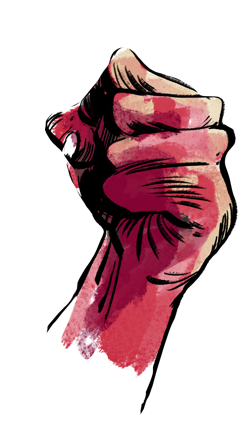
“Consciously, you’re looking for love, but subconsciously I was looking for healing and just didn’t know how to get it,” Escoto said.
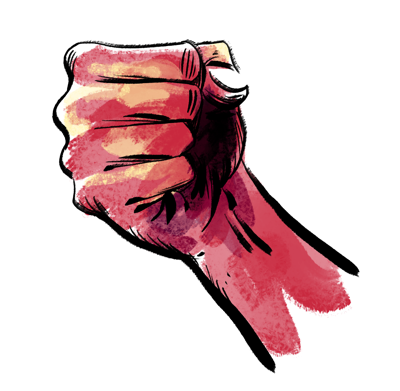
He was quick to fight if he thought somebody looked at him the wrong way. One night, in his early 20s, a fight went too far, and both he and his opponent wound up in jail for attempted murder. Luckily, Escoto was a good student with no record. The judge “slapped my hand” and let him go.
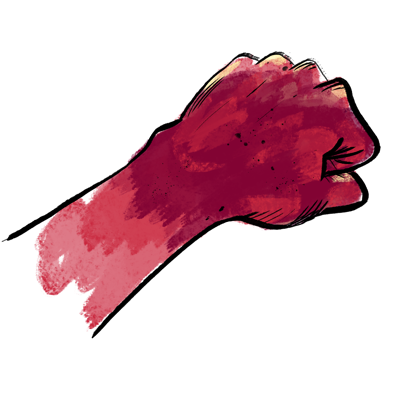
It was “the all-time low,” he said. “That was the spiritual awakening for me. I knew that if I needed—if I wanted—to change something, it was incumbent on me. I remember praying, ‘God, give me a path.’”
Escoto sought out a path through self-help books and therapy. Around this time, in the 1980s, he also started getting more involved in the Metropolitan Community Church (MCC), colloquially known as the Gay Church.
In 1992, a Spanish service started, and the Spanish-speaking group tried to get him involved. “But I had been hurt by my religion, by my family, by my culture—the last thing I wanted to do was get involved by the very people who hurt me,” he said. He even had stopped speaking Spanish.
But then he met his partner, who was in the Spanish choir. “I would speak Spanish so I could improve, and he’d speak English so he could improve,” he said.
As Escoto slowly found his community, others began to recognize his gifts, even suggesting to him that he should become a minister. Escoto, however, did not recognize those gifts in himself.
“I’d give excuses,” he said. “Who loves church politics, right? But the real reason was I didn’t feel worthy.”
It took Escoto another 15 years to accept and love himself as he is. During that time, his community was persistent, putting him into ministry positions, despite his lack of theological training. He began leading the Spanish service around 1999, and his community ordained him in 2005. He went back to school, but “sabotaged” himself, barely passing through a certificate program, because he didn’t believe in himself.
“I often say, ‘If you think you’re a sin, you will live out sinful ways. If you think you’re unworthy, you’ll make decisions that will continue to make you unworthy.’ And that was a good part of my life,” Escoto said. In 2011, he finally felt ready for seminary and enrolled at the Claremont School of Theology.
Today, Escoto’s struggles inform his ministry to others, he explained. “If I can help just one person to make a better decision, then perhaps my life would not be lived out in vain.”
Learning to accept and love oneself is essential to healing, Escoto has found, and for him, that journey has meant reconciling not only with his past, but also his culture.
Like his language, Escoto put his belief in Our Lady of Guadalupe aside during his dark years. As a Protestant denomination, MCC is devoid of the statues and icons that are common in Catholic communities. Shortly after Escoto started leading MCC’s Spanish service, though, congregants asked about celebrating Our Lady’s feast day.
It took three “signs” to convince Escoto to do so: turning the TV on to a program on Our Lady, a magazine falling open to a picture of her, and finally a gust of wind wrapping a newspaper—with an image of Our Lady—around his leg.
The celebration of Our Lady of Guadalupe has become an annual tradition at MCC. Repeating the ritual year after year, Escoto began to understand that his spiritual mother had never left him—she had always loved him, even when he had not loved himself.
“She is our Blessed Mother, and she knows who we are,” Escoto said. “She loves us just for who we are, just as God does. And as her spiritual children, we can hand her our worries.”
While MCC retains its Protestant roots, the denomination allows individual congregations to express religious and spiritual beliefs that are particular to the pastor and community. Founders MCC has thus has allowed Escoto to bring ritualistic Catholic elements into the congregation’s Spanish service.

Last year, Escoto visited the Basilica of Our Lady of Guadalupe in Mexico and brought back an icon, which Founders MCC brings out just for the Spanish service. They also have statues of the Sacred Heart of Jesus and the Ascension of Mary, and celebrate the day of the Black Christ of Esquipulas, a Central American tradition, on January 15.
These traditions—and even God—were “kidnapped from us,” Escoto said, adding that gay Latino Christians should not have to give up any part of their unique expressions of faith.
In the process of reclaiming his spiritual identity, Escoto also was able to regain his birth home. He eventually reached out to his mother to tell her that he was HIV-positive. “The reconciliation on her part was based on guilt,” he said. She thought he was going to die and that she needed to care of him, he explained.
He has ended up outliving her, but before she died, she came to accept Escoto and his partner. She even became a part of the Spanish-speaking congregation at MCC.

On Good Friday one year, the congregation put on the Passion of the Christ, the play telling the story of the crucifixion of Christ. As the biblical narrative tells it, when Jesus was hanging on the cross, he looked down at his mother Mary and his disciples and told them, “Woman, here is your son,” and “Here is your mother.”
At this point, Escoto, playing Jesus, looked at his own mother, sitting in the front row and adlibbed. “Mother, these are your children,” he said.
There was not a dry eye in the room, he recalled.
Escoto’s journey had not only brought him back to his mothers; it also expanded his family to embrace other suffering seekers in need of love.
Written by
Nick Street
and
Megan Sweas
Illustrations by Dan Carino
Design by Daniel Heller
Uncharted Pilgrimages was produced as part of the Religious Competition and Creative Innovation project, made possible through the support of a grant from the John Templeton Foundation. The opinions expressed do not necessarily reflect the views of the John Templeton Foundation.
